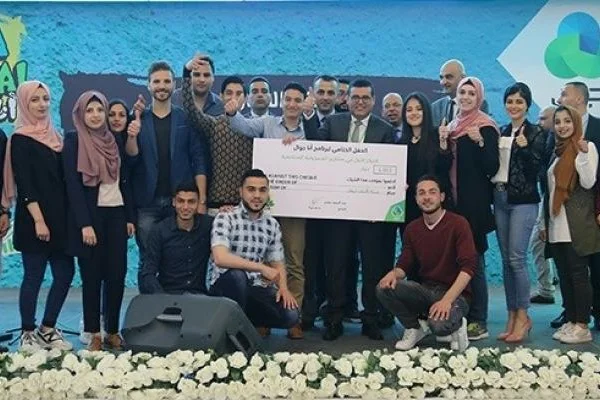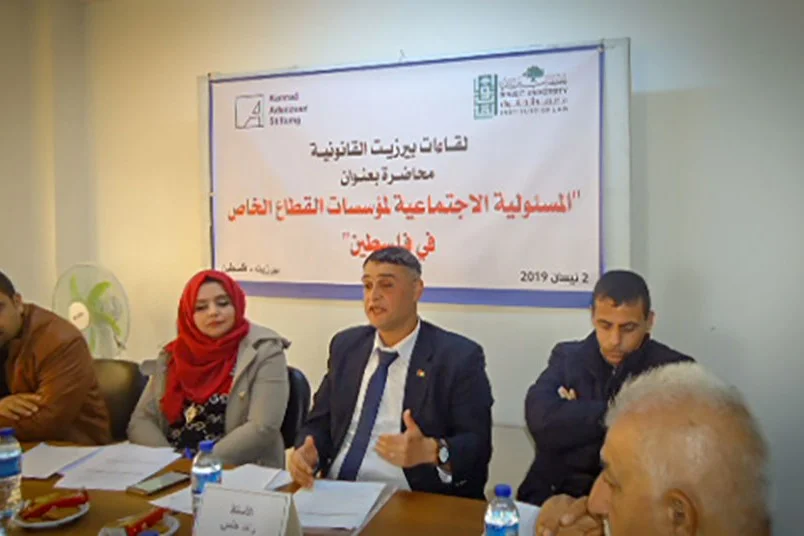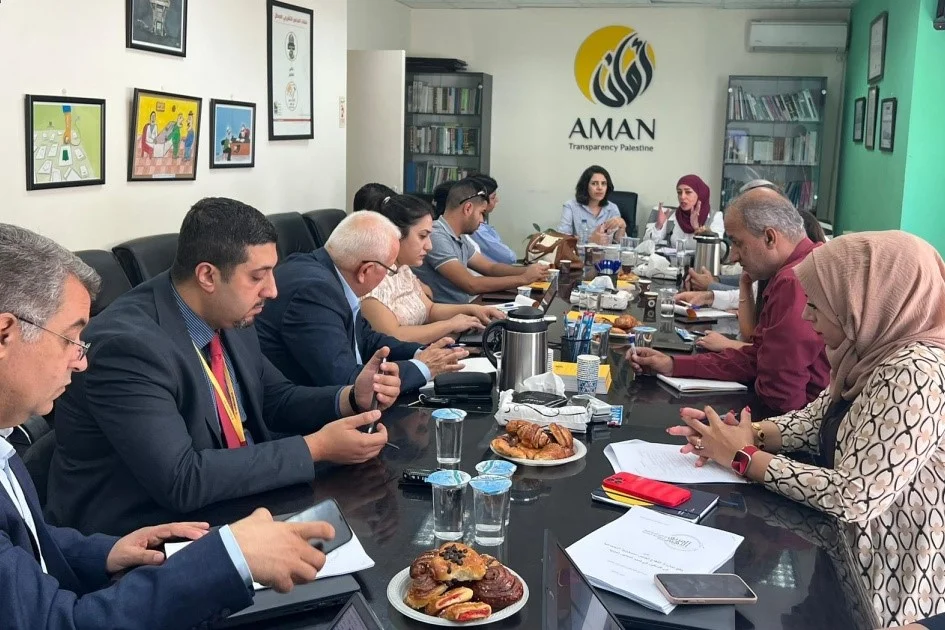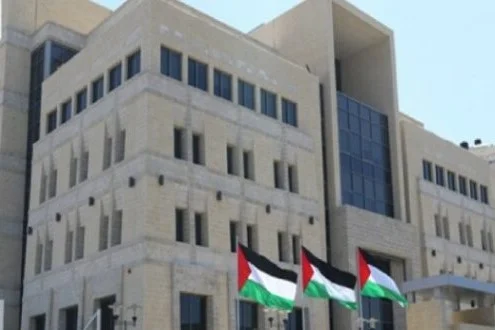APIC is investing about $2.3 million during 2021 in its social responsibility program
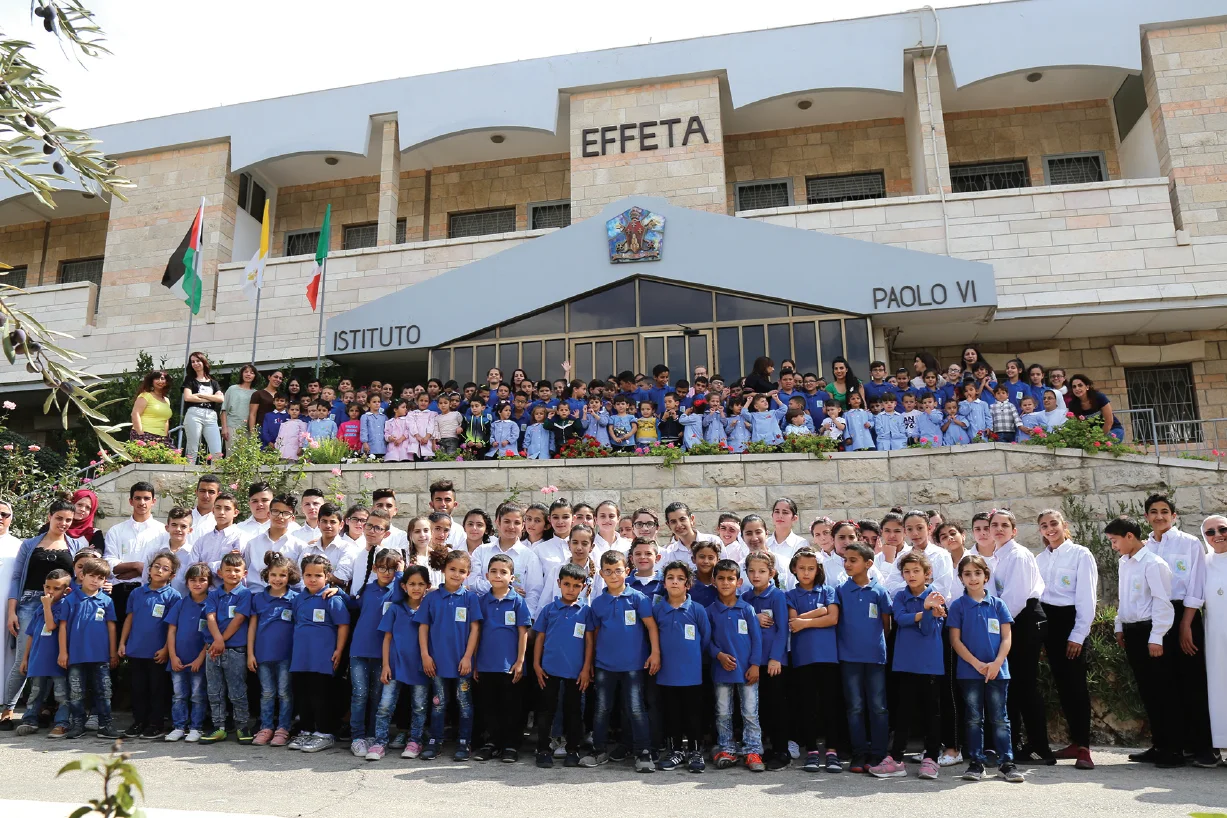
During the year 2021, APIC Group contributed approximately 2.3 million US dollars, representing 6% of its net profits, to the social responsibility program, or what is known as “continuous responsible work,” where the group works as an active party not only through donations and charitable works, but also in… The community development process, by continuing strategic support for many institutions for several years, and expanding the scope of its support in 2021 to a number of other institutions and regions that were not previously targeted.
APIC is considered one of the forefront companies in its distinctive community initiatives, as it is considered the first strategic supporter of the psychological support project for affected children in the Gaza Strip, affiliated with the “Give Palestine” association, which benefited 1,000 children and mothers. The project provided more than 460 psychosocial support sessions for children and uplifting sessions. Awareness for mothers, in addition to making home visits to children and families and providing family counseling activities for parents. APIC has been a strategic supporter of the association since 2018.
APIC is also the first strategic supporter of the Children’s Villages Community Homes Project in Bethlehem, which is based on SOS Children’s Villages Palestine (a non-governmental, non-profit humanitarian organization), with the aim of providing comprehensive and safe care for children who have lost their parents and who face the risk of losing family care, from By providing them with the opportunity to live within an alternative family atmosphere in Children’s Villages, taking care of all their needs and expenses and following them up until they finish their university studies and obtain a stable and independent life, APIC’s support has gone beyond the borders of SOS Children’s Villages Palestine, which began 7 years ago, to also include SOS Children’s Villages Jordan by covering The value of tuition fees in Jordanian schools for children of the Children’s Villages Association.
The Chairman of the Board of Directors and CEO of APIC, Mr. Tariq Al-Akkad, confirms that the group’s permanent and continuous commitment under the heading of social responsibility comes in the context of supporting and empowering communities, contributing to the development system, and making the concept of supporting others ingrained in the culture of society, whether individuals or institutions, as a contribution to achieving social sustainability. economic and providing a decent life for all members of society, which is consistent with APIC’s strategy through which it provides financial and in-kind support to institutions that care for orphans, families, and people with special needs, as well as education, youth, leadership and entrepreneurship, health and medical care, culture and heritage, and others.
Al-Akkad explains that APIC’s effective social responsibility program “came from our belief in the importance of participating in giving as a national and humanitarian duty and a long-term investment to build and empower societies capable of continuing under all circumstances and challenges.” He stressed, in exclusive statements to Al-Hadath newspaper, that the APIC Group is making concerted efforts by working on a long-term strategy that contributes to making positive changes in the communities in which the group operates.
APIC Social Responsibility Coordinator Karma Al-Hamuz reveals that the group, within its work plan for the year 2022, will continue to conclude new strategic partnerships with institutions and sectors that have a purposeful and effective vision in building Palestinian society, saying: “We at APIC are proud to be part of the system of good citizenship and a partner.” “Essential in contributing to achieving community development.”
Sponsoring and caring for orphans, families, and people with special needs; It falls within APIC’s social responsibility priorities, which work in cooperation with local communities and relevant institutions, to help and empower needy families in protecting their children, building their capabilities, caring for them, and providing educational supplies and health, psychological, and social support.
 Algeria
Algeria Bahrain
Bahrain Comoros
Comoros Djibouti
Djibouti Egypt
Egypt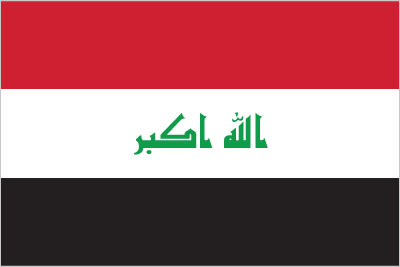 Iraq
Iraq Jordan
Jordan Kuwait
Kuwait Lebanon
Lebanon Libya
Libya Mauritania
Mauritania Morocco
Morocco Oman
Oman Palestine
Palestine Qatar
Qatar Saudi Arabia
Saudi Arabia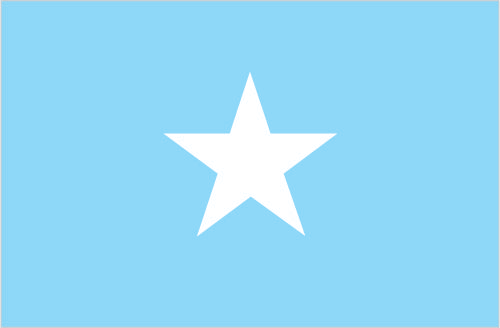 Somalia
Somalia Sudan
Sudan Tunisia
Tunisia UAE
UAE Yemen
Yemen